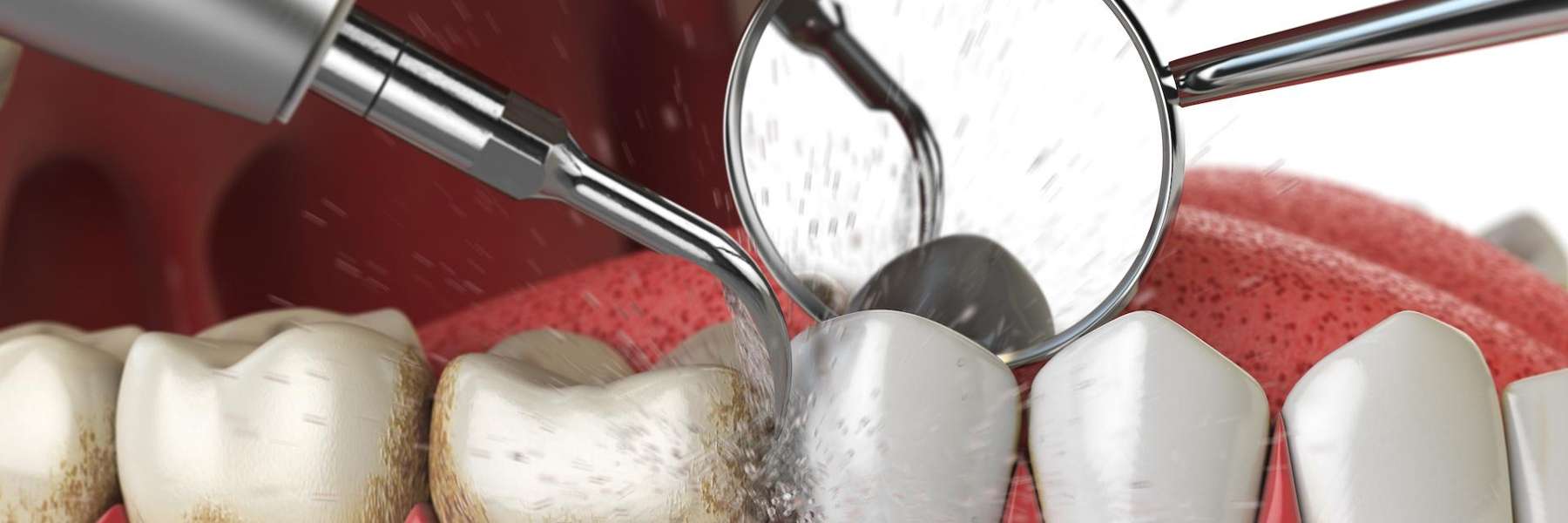
Tooth sensitivity is a frustrating and uncomfortable issue that causes pain during everyday activities like biting, chewing, and drinking. While we may never be able to completely rid ourselves of the risk of tooth sensitivity, understanding its most common causes and identifying the habits to avoid that can worsen it are crucial steps in keeping this condition under control.
What Are the Causes of Tooth Sensitivity?
Understanding the causes of tooth sensitivity is essential for effectively managing and addressing it. Here are a few key factors that commonly contribute to tooth sensitivity:
- Worn tooth enamel. Enamel erosion due to highly acidic foods and beverages, and aggressive brushing can expose the dentin layer, leading to sensitivity.
- Gum recession. Typically result of advanced gum disease, receding gums can expose the sensitive roots of teeth, making them more susceptible to sensitivity.
- Teeth grinding. Habitual teeth grinding can wear down enamel and expose the dentin, leading to sensitivity.
- Untreated tooth decay. Untreated cavities and decay can gradually reach and expose the inner layers of the tooth, leading to increased sensitivity.
- Cracked or broken teeth. Cracks or fractures in teeth can expose sensitive areas, causing discomfort and heightened sensitivity.
7 Bad Habits That Can Worsen Tooth Sensitivity
Tooth sensitivity can be a frustrating and painful issue, but did you know that certain habits can worsen the problem? If you're experiencing tooth sensitivity, it's essential to be mindful of your daily routines and consider visiting a dentist near me for professional advice. Here are seven common behaviors that can unknowingly contribute to enamel erosion or gum recession, exacerbating tooth sensitivity:
- Overly aggressive brushing. Brushing your teeth too vigorously can wear down enamel and exacerbate sensitivity.
- Frequent consumption of acidic foods and beverages. Acidic substances can erode enamel over time and cause increased sensitivity.
- Frequent consumption of sugary foods and beverages. Excessive consumption of sugar can promote the growth of the bacteria that causes plaque and tooth decay, which can worsen sensitivity.
- Grinding teeth. Habitual teeth grinding can wear down tooth enamel and exacerbate sensitivity.
- Tobacco use. Smoking or using smokeless tobacco products can contribute to gum disease and heightened tooth sensitivity.
- Subpar oral hygiene. Neglecting your oral health can lead to plaque and tartar buildup, gum disease, and tooth decay, all of which can contribute to increased sensitivity.
- Using your teeth as tools. Using teeth to open packages or bite on hard objects like pencils or pen caps can cause chipping or cracking and increase sensitivity.
A Top-Notch Preventive and Cosmetic Dentist in North Tampa, FL
If you’re looking for a dentist near me with experience and expertise in helping patients take every necessary preventive and corrective measure in the battle against tooth sensitivity, contact me, Dr. Roberto Bellegarrigue, and the friendly and knowledgeable North Tampa Dentistry team to schedule a consultation!
